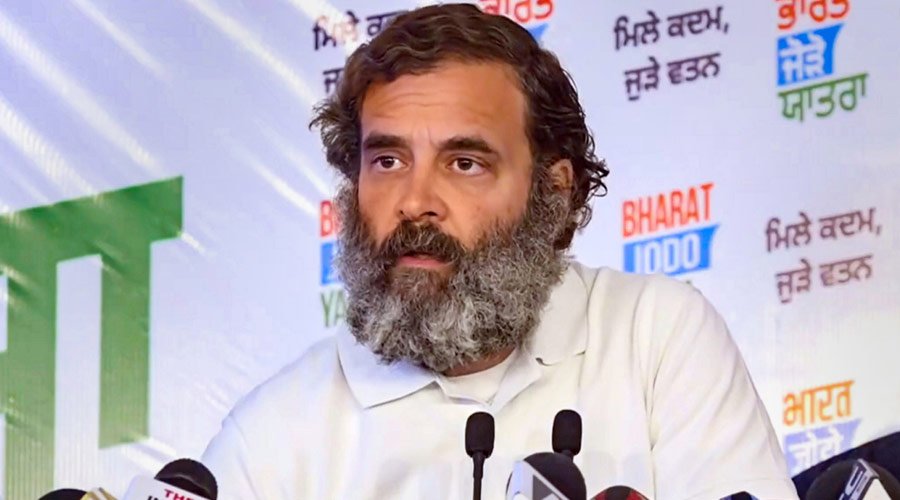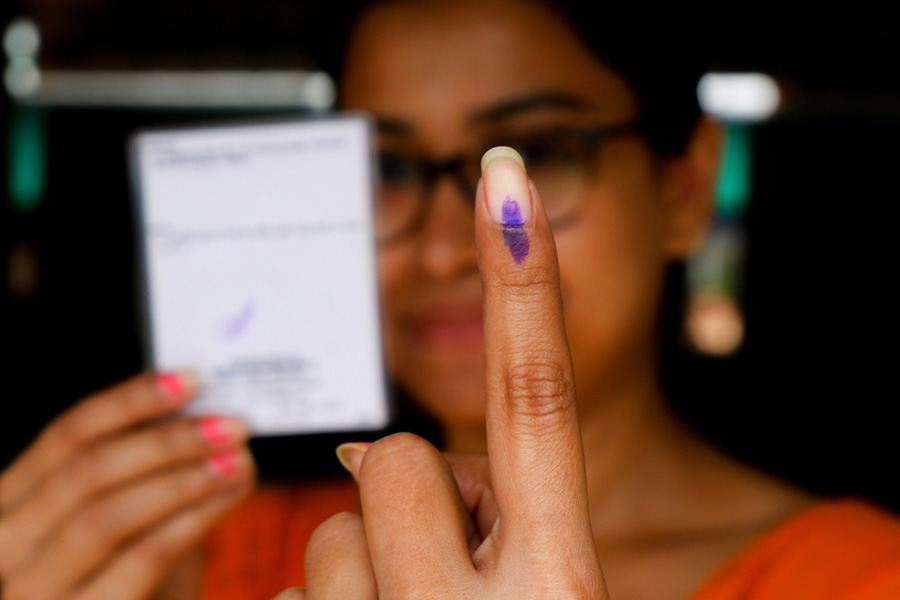The ways of law are littered with ironies. The disqualification of Rahul Gandhi, a Congress member of parliament in the Lok Sabha, seems to be at centre of these. An MP may be disqualified from parliament if he or she is given a criminal conviction carrying a sentence of at least two years’ imprisonment. Earlier, the Representation of People Act permitted an interval of three months during which the convicted MP could get a stay on the disqualification by appealing against the conviction. This also meant that no by-election for the vacated seat could be held in that period because once another legislator had won the seat the convicted MP would not be able to return to it even if the conviction were set aside. However fair and just this system was, the purpose of the three-month gap allegedly changed as less honest legislators came in. In 2013, the Supreme Court struck down this three-month interim in the Lily Thomas verdict, as it was often used by legislators to hold on to their seats while their appeals took time. It was an example of the way high principle was thwarted by the failure of political ethics and the abuse of power.
Mr Gandhi’s instant disqualification turns on the Lily Thomas verdict, which, though, permitted a stay on disqualification in retrospect if the conviction were stayed — provided no by-election had taken place. The issue is urgent in Mr Gandhi’s situation. But what all this takes for granted is a certain level of political good faith in the administering of the law. Once that is lost, the law itself becomes the source of ironies. Mr Gandhi was given the maximum penalty for the charge against him which is also the minimum needed for disqualification. A petition against Mr Gandhi’s sentence points out, among other things, that the provision of the RPA Act that mandates disqualification does not consider the nature of the offence. The legislative intent was to disqualify MPs charged with serious offences; defamation, Mr Gandhi’s offence, was hardly that. Besides, disqualification for such charges was likely to silence legislators’ criticism of the government. However, the law as it stands today offers a very narrow window for Mr Gandhi. Using the law in a targeted but wellthought-out way also offers interested parties with a useful screen.











